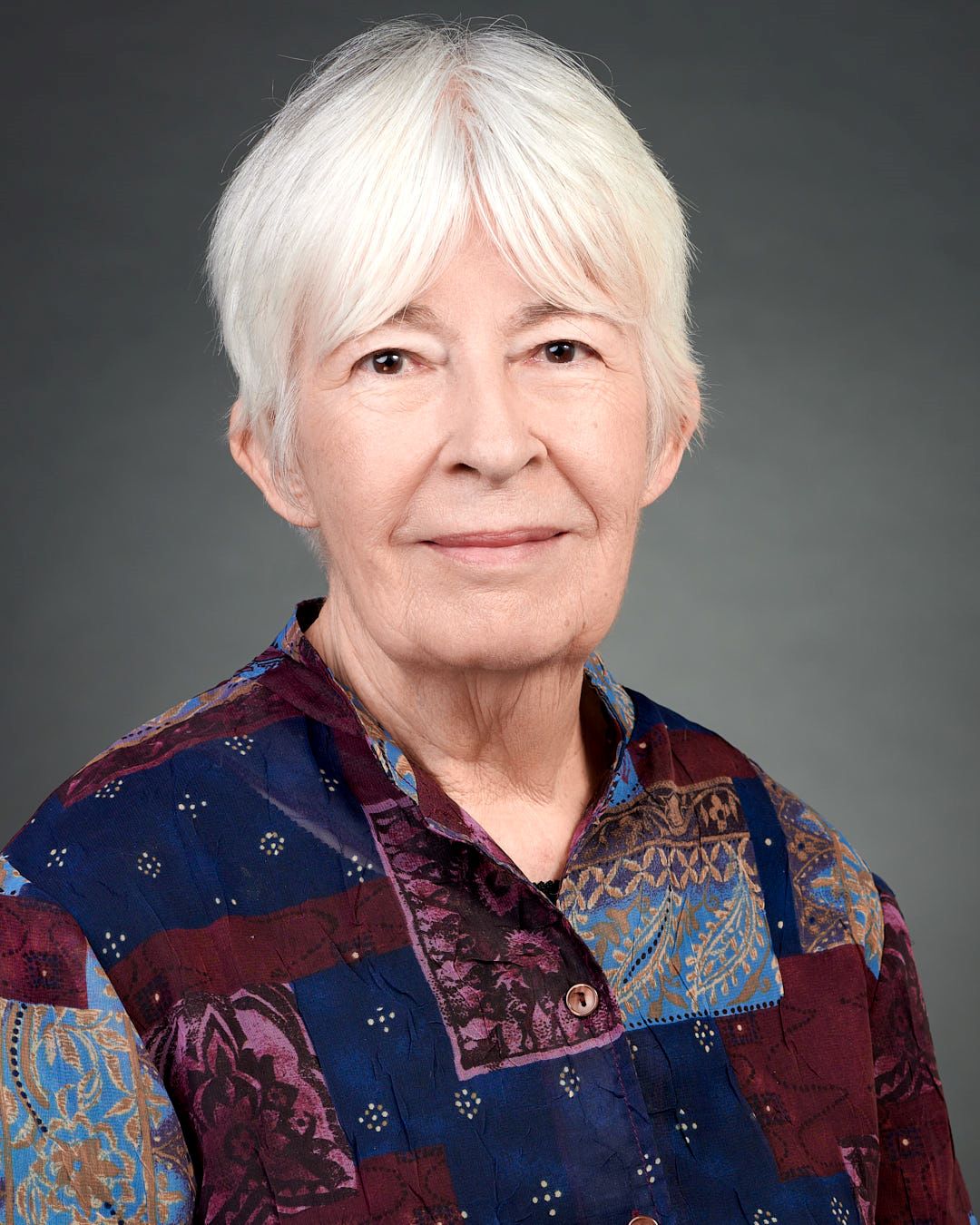Two Steps Forward, One Step Back
By Juliet Marillier | July 26, 2007 |
 I’ve caught myself sounding tired and negative in my recent posts—I put this down to a lengthy struggle with the current wip. This started out as a book called Heart’s Blood, then when I was about five chapters in and under contract in Australia and the UK, the US rights were sold for that novel and another stand-alone book on the proviso that I delivered them in the reverse order. The deadline was the same. I had to put away what I’d been working on and start writing a new book that only existed as a short synopsis at that point. Very fortunately, the Australian and UK publishers agreed to publish the second book first, or I would have been in real trouble.
I’ve caught myself sounding tired and negative in my recent posts—I put this down to a lengthy struggle with the current wip. This started out as a book called Heart’s Blood, then when I was about five chapters in and under contract in Australia and the UK, the US rights were sold for that novel and another stand-alone book on the proviso that I delivered them in the reverse order. The deadline was the same. I had to put away what I’d been working on and start writing a new book that only existed as a short synopsis at that point. Very fortunately, the Australian and UK publishers agreed to publish the second book first, or I would have been in real trouble.
It just happened that all sorts of interruptions got in the way of progress on the novel. Some months down the track, I was seriously unhappy with what I’d written, and not only because there wasn’t enough of it. The new novel, an adult fantasy set in early medieval Ireland, has the same setting and some of the same characters as my first series, the Sevenwaters Trilogy. The expectation is that it will be closer to the mode of those earlier books than to that of my more complex, more historically based later books. It was much harder than I expected to return to that simpler and more emotive style, and to the restrictions of first person viewpoint for a story that had to include battles and journeys as well as domestic elements. My writing has developed a lot since I began the Sevenwaters series—I’ve written seven other novels since the last in that trilogy.
At the end of those few months of wrestling with the new book, I tested the first four chapters on my peer critique group. They told me what I’d by then worked out for myself—I just hadn’t got the ‘voice’ right. My narrator was not sufficiently likeable to draw the reader in. In fact, she was in the same state of anxiety as I was, constantly mulling over everything that was wrong in her world and floundering around ineffectively for solutions. She was a real bundle of angst. In the rewrite her problems are more clearly defined and she’s much quicker at getting on with things. And she does her best to be a good person. The only time I created a seriously flawed protagonist (Fainne in Child of the Prophecy) my readership was deeply divided in its reaction. Generally, when the protag is female it seems more difficult to get away with giving her major faults of character. The majority of my readership is female. Does that mean we women are too hard on ourselves, I wonder?
Anyway, I’ve completely rewritten those first chapters—I kept very little from the original version—and I’m happy with the way things are going. I’ve realised that this book will be ‘the same but different.’ I’m hoping to combine the best aspects of my earlier style with some of what I’ve learned about writing over my eight years or so of doing it professionally.
One of the problems with returning to the setting and characters of an earlier series for a later, stand-alone novel is what to do about the old characters. The readership for this book will include fanatical devotees of the Sevenwaters books—people who’ve read them a zillion times—and people who have never heard of my books before. Including too much about those previous characters will bore the latter group and slow the story down. Not including enough will disappoint the fans and generate a deluge of ‘What happened to X?’ messages. One of the changes I made in the rewrite was to be ruthless in cutting out the stronger and more interesting of the ‘old’ characters. Let these guys loose and they are liable to dominate the story, which I always intended to focus on the new, younger characters. The novel has to work for people who have no prior attachment to Sevenwaters. Ideally, those readers will enjoy this novel, then rush off to the library or bookshop to seek out the earlier books. Now back to work.










Wow! talk about pressure! Wishing you the best of luck on progress.
“One of the changes I made in the rewrite was to be ruthless in cutting out the stronger and more interesting of the ‘old’ characters.”
This sounds wise. One of the frustrations reading the last of the HP books was that Rowling had to trot out the whole cast of characters–which is my theory why she killed so many off. If they’re dead, they can’t come back. :-)
I’m happy to hear things are going well with the new book.
I’m sure it will be fantastic, as usual, and will have people flocking to bookstores to get more.
It must be very difficult to come up with a new story in an old world when you’d been prepared to leave it behind. (Not that I’ll mind visiting the Sevenwaters folk again; on the contrary, I loved those books.) I empathize with you on the writing style situation; it must feel a little like forced regression.
“Generally, when the protag is female it seems more difficult to get away with giving her major faults of character. The majority of my readership is female. Does that mean we women are too hard on ourselves, I wonder?”
You know, this is an issue that’s come up in my critique group before. I do think people are less forgiving about faults in the female protagonist. It’s an issue worth exploring in greater depth at some point.
Thanks for a thought-provoking post, Juliet, and best of luck with your writing.
“Generally, when the protag is female it seems more difficult to get away with giving her major faults of character. The majority of my readership is female. Does that mean we women are too hard on ourselves, I wonder?”
Great discussion point, Juliet, as Therese has pointed out. I don’t generally like seriously flawed MCs of either sex, unless it is possible to redeem them and for me to see them being redeemed as the book wears on. Of course, you do get the odd really intriguing one – Hekat, the protag of Karen Miller’s latest opus, is a case in point. By and large, however, I do think we want a female MC to be a soul sister and even a role model, so we want her to learn about herself and her place in the world while having all sort of adventures we’ll never have ourselves! All your heroines have the capacity to do that for the reader, which is one of the many reasons I enjoy your books so much. Another is that you have the capacity to draw baddies very well, too. Breda in Well of Shades is a good example – but I’m glad you didn’t make her the MC:-)
Hi Juliet!
That sounds like a really gruelling schedule you’ve got. I often start reading books from the middle of a series/trilogy, then backtrack to the beginning (bad habit!). As you pointed out, having too many ‘old’ characters can be boring – and worse, confusing – to new readers. But as long as they’re confined to cameo roles and their (unexplained) back stories aren’t essential with the current thread of the novel, I don’t usually have problems with them popping up in the book. I think most readers are quite quick on the uptake – just a couple of lines is usually enough to fill up any gaps in the reader’s knowledge.
As a Sevenwaters fan, of course I’m thrilled that you’re writing a new book set in that world. But I won’t be disappointed if the ‘old’ characters don’t show up much – the plot and characters of the current novel are much more important because that’s the book I’ve paid to read. As for the “what happened to…” questions, those will be unavoidable. When a writer comes up with such memorable characters (as you’ve done), readers will always continue to wonder and think about the characters and their ‘lives’ long after ‘the end’. Even if you gave extensive details in the new book, I doubt you would be able to completely satisfy the rabid curiosity of your more rabid – I mean, loyal – fans. That’s just the way it is, I think.
And for what it’s worth, I liked the fact that you made Fainne less than perfect and I felt you did a great job in showing the reason she behaved as she did. Her actions were not always sympathetic, but her reasons were. It’s so rare to find a writer who’s willing takes such risks with a protag, and I think it makes the book stand out. I can see why Fainne would bother some readers – but at least with an unsympathetic protag, you’ll get a reaction out of your readers, which is better than no reaction. :) I guess no matter what we readers want (and we all want different things), it’s going to be YOUR book, so you’ll just have to write it your way. Trust your ability to make it the best book you can. And trust your readers to give it a fair shot.
Anyway, I’ll finish this very long winded post by wishing you good luck with the new books. I can’t wait to see them on the shelves!
Thanks, Dawn – I really appreciate the encouragement!